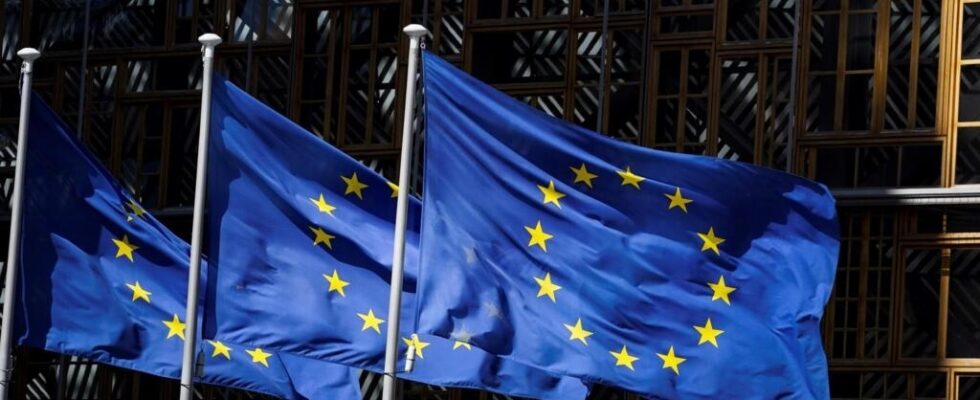The European Commission announced this Friday, July 19, that it would impose tariffs up to 36.4% higher on biodiesel imports from China. An anti-dumping measure to rebalance the market because these Chinese biodiesels are much cheaper and this penalizes European producers. A measure that also aims to protect the environment.
3 min
Europe burns 130,000 barrels of used cooking oil per day, mainly in car and truck engines. As European production is insufficient to meet demand, 80% of this oil is imported and 60% of these imports come from China.
After treatment, they are then used as biofuel, for Cian Delaney of the NGO collective Transport and Environment, these oils, supposed to be more ecological than petrol and diesel, could in reality be linked to deforestation. It is very difficult to verify whether these are cooking oils. And it is strongly suspected that a large part of them is actually palm oil. Virgin oil, not used for cooking at all, and which leads to massive deforestation inIndonesia and in Malaysia ” he says.
Ban on palm oil as biofuel
The expansion of oil palm plantations is responsible for 15% of deforestation in Indonesia between 1990 and 2008 and 40% of deforestation in Malaysia between 1990 and 2015, according to CIRAD. An impact recognized by the European Union, which has decided to no longer consider palm oil as a biofuel by 2030. This planned exit from palm oil has led to a drop in demand and, in parallel, an increase in demand for cooking oils to compensate. ” explains the specialist.
According to a report published by Transport and Environment, “ China’s waste cooking oil collection capacity is roughly in line with official export documents. However, the country likely consumes significant volumes of waste cooking oil domestically, raising strong suspicions about the use of virgin vegetable oils falsely labeled as waste oils. »
Read alsoEU: Are taxes on Chinese imports enough to protect European industry?
Strengthen controls
And China is not the only country concerned, ” Malaysia already exports three times more cooking oil than it can collect, meaning fraud is most likely occurring on a large scale. “, all driven by exploding demand in Europe and the United States, which want to reduce their use of fossil fuels to meet their climate commitments.
Taxing the import of this oil from China is therefore a step in the right direction but will not be enough to combat fraud, according to Cian Delaney. Certification systems are based on voluntary declarations that rely on documents and the good faith of the declarants. Therefore, there is a major opportunity for fraudsters to take advantage of the system, he denounces. And there is not enough testing done on products and not enough intervention from customs or fraud enforcement officers. »
